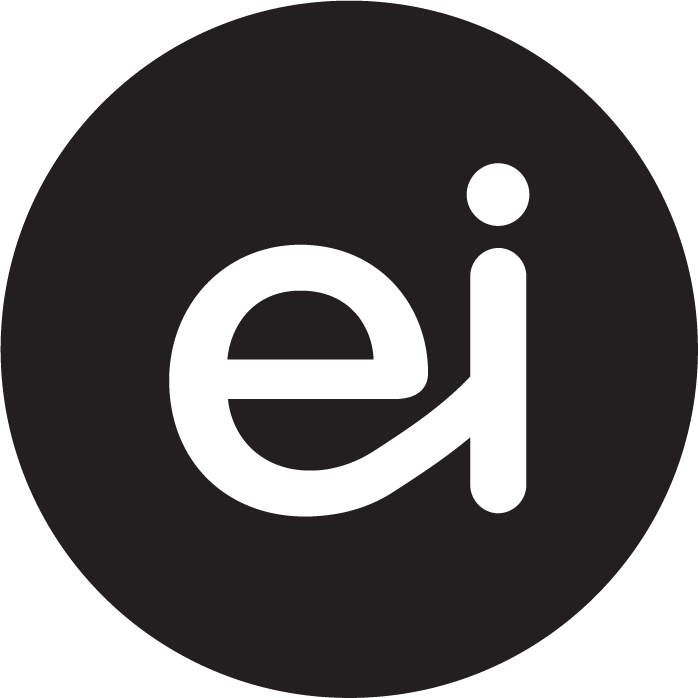What is the Equity Institute?
Equity Institute is an education-based nonprofit organization dedicated to creating schools and communities where everyone has access to the necessary opportunities and resources to thrive. We aim to ensure everyone has the chance to reach their full potential. Our programs have made a positive difference in the lives of thousands of students, families, educators, and community members in Rhode Island. We believe in the inherent worth of every individual and work tirelessly to build a society where everyone feels respected, valued, and included.
Founded in 2016 by Karla Vigil and Carlon Howard, two classroom-based educators, Equity Institute was formally launched in 2019 to explore innovative ways to improve educators' pedagogical approach and support efforts to diversify the teacher workforce.
What do we believe?
Principles are what you stand for in life. These do not change.
When/if you lose your way or you are faced with a hard decision, you draw on your principles to help guide your decision-making process.
Outside the Box
We aim to think outside the box in everything we do.
Transformative Leadership
We practice transformative leadership.
Listen with why as a framework.
Ask what you can learn from this.
Assess how your real time actions contribute to transforming the situation vs making it worse.
Use your body, your gut, as a way to assessing a situation.
Emergent Strategy
We use emergent strategy as an approach to solve problems and build trusting relationships.
Change is constant, be like water.
Less prep, more presence.
Focus on critical connections more than critical mass - build resilience.
People-Centered Approach
We believe in a people-centered approach and enlist the people most impacted by an issue to identify solutions and supports necessary for their success.
Power into Action
We believe people have power and must be supported and trained in how to translate that power into action for the benefit of BIPOC and disadvantaged youth.
Nimble and Flexible
We are nimble and flexible in our approach to racial justice work in order to respond in real time to the most critical problems.
Racial Equity Lens
We practice through a racial equity lens.
Lead with race explicitly.
Acknowledge and understand disparities in data.
Develop an awareness of historical and current trauma of a community.
Analyze power dynamics and root cause of an issue.
Worth, Dignity, and Equality
We believe learners need access to the resources necessary to build respect for the worth, dignity, and equality of every individual in our diverse society.

